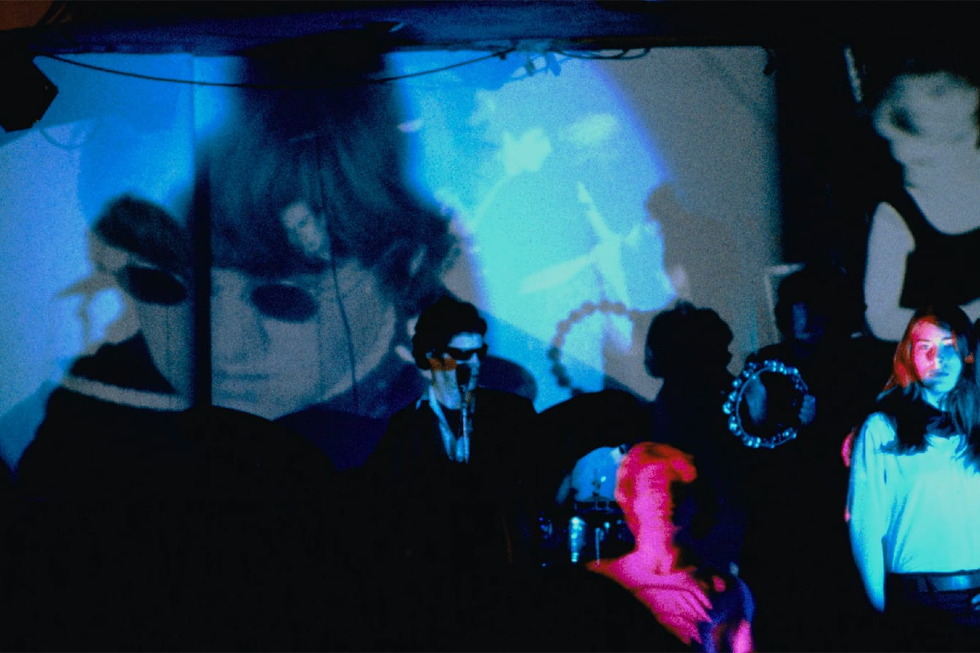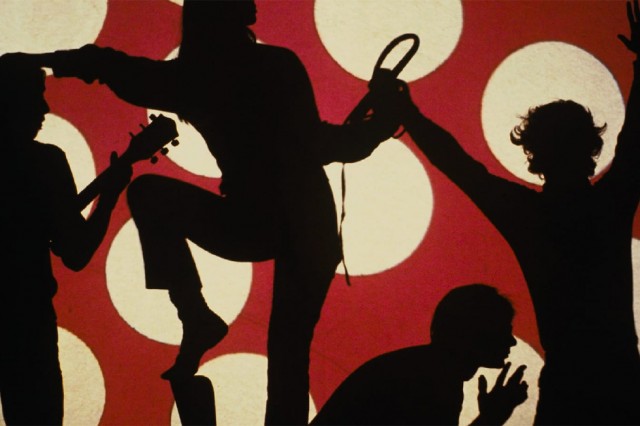“A richly layered love letter” – Todd Haynes’ The Velvet Underground

“They burned with brilliant intensity; an intensity that couldn’t be sustained.” Mike Pinnington on The Velvet Underground, and how a new Criterion Collection release captures their story alongside the hyperbole…
In his expansive biography of the band, author Victor Bockris cites a 1978 RCA press release, describing The Velvet Underground’s key themes as “perversity, desperation and death.” It’s a well-worn take, one which, even by that time had lapsed into something combining both cliché and legend. To this day, what precedes The Velvet Underground most is their reputation – one made in the maelstrom of Warhol’s mid-late 1960s Factory era New York, and then shortly thereafter muddled by personality clashes, ego and acrimony. They burned with brilliant intensity; an intensity that couldn’t be sustained.
They are, for good reason, one of the most mythologised bands of their generation – perhaps of all time. As Joe Harvard writes in his book regarding their debut album, The Velvet Underground and Nico: “Any survey that concerns itself with rock as it is now played tends to place them in the top two or three [most influential bands of all time]”. How to capture their story today, so that their essence, influence – and astounding, transcendent sound – are given room alongside the hyperbole?
Director Todd Haynes has had a very good stab at it, producing a richly layered love letter to the band; it reflects on and appropriates from the era, using avant-garde techniques as well as archival footage. Andy Warhol, whose genius for spotting and guiding talent (usually to his own ends, it must be noted), looms large. Like Warhol’s Exploding Plastic Inevitable, Haynes’ film weaves a visually – and it goes without saying, aurally – compelling multi-media tapestry of the times that helped produce the VU.

But it is strong on context, too. Using a split screen structure and employing Warhol screen tests to great effect, we learn of viola playing John Cale’s classical musician training and, declaring “I had to get out of the valleys”, his subsequent departure to North America from Wales. Meanwhile, in Long Island, Doo Wop loving Lou Reed drifts from lower middle-class obscurity to the tutelage and nurture of poet and mentor Delmore Schwartz – via the electro-shock treatment he endured aged seventeen. In this unfolding manner we hear how guitarist Sterling Morrison and drummer Maureen Tucker were added to the band, which would make, as Cale puts it, a “weirdness [that] shouldn’t have existed in this space.”
Chronologically structured as it may be, the film never feels procedural. Setting the scene for the New York which the Velvets would come to embody and soundtrack, we hear from Jonas Mekas, the iconoclastic cinephile who would pave the way for underground American film and, not insignificantly, introduce Warhol to singer and model Nico. Referring to the creative landscape he helped sculpt, Mekas declares (with no little triumph), “We are not part of the subculture, or counterculture; we are the culture!”
Via Cale, Mekas, and additional commentary from the band’s other surviving member Moe Tucker, as well as Lou Reed’s younger sister Merrill Reed Weiner, actor Mary Woronov, writer Amy Taubin and minimalist composer La Monte Young, we are treated to a kaleidoscopic primer for time and place. Some of the most powerful and resonant commentary is provided by The Modern Lovers’ founder Jonathan Richman who, as a teenager, found in the music of Reed, Cale, Tucker and Morrison a deep affinity.
In an interview included on the recent Blu-ray release (where aficionados and completists alike will find much satisfaction), Richman recounts how he wasn’t so much a fan of the band as he was a student. Said with guitar in his lap: “The sound that they made helped me learn who I was,” and that their music showed him “how to live”. Finally, tears now visibly welling up in his eyes: “My last word on the Velvet Underground, and all the people connected with them, is this one: GRATITUDE.”
Fittingly, Haynes’ tribute to The Velvet Underground could be considered the last word on the band. The director has made a film of reverence and distinction that will delight and illuminate fan and student alike.
Mike Pinnington
The Velvet Underground Blu-ray is available now via Criterion Collection





